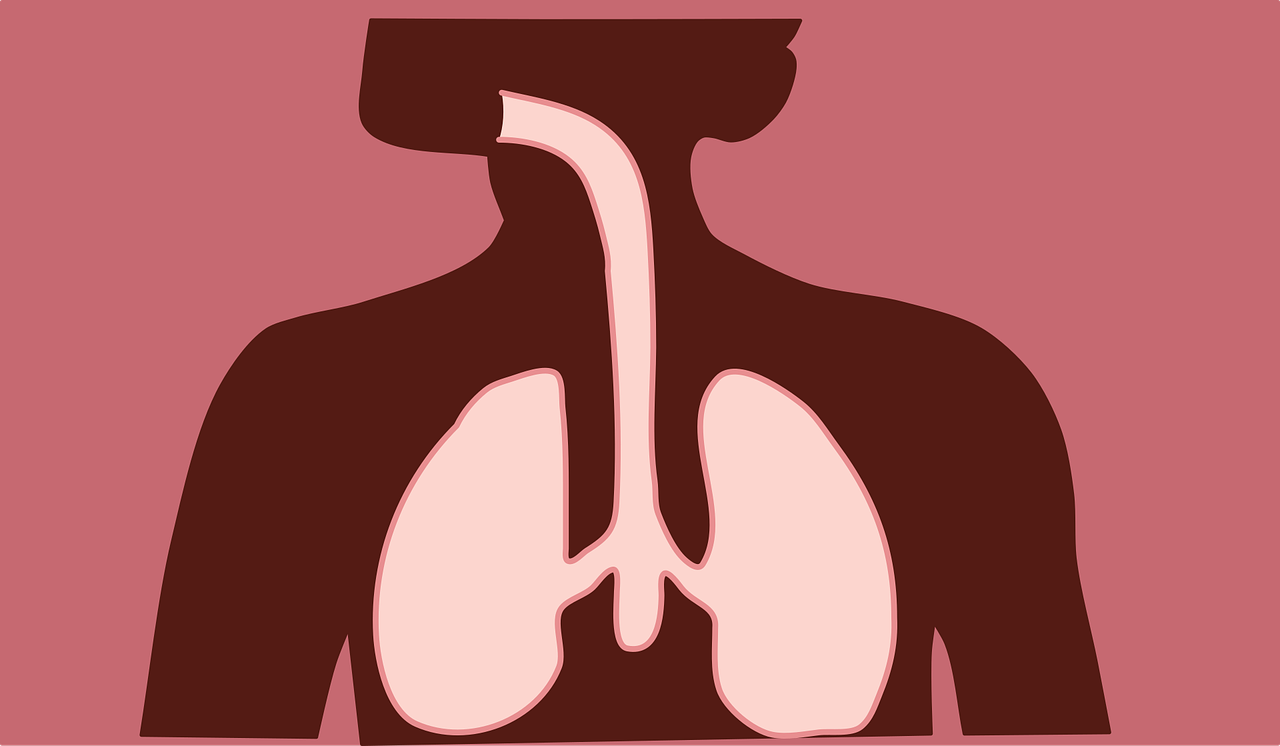
Boehringer Ingelheim has initiated a Phase II clinical trial of a novel compound, BI 764198, for treating hospitalised Covid-19 patients with acute respiratory complications.
BI 764198 is an inhibitor of TRPC6, which is a receptor-operated cation channel.

Discover B2B Marketing That Performs
Combine business intelligence and editorial excellence to reach engaged professionals across 36 leading media platforms.
The TRPC6 inhibitor has the potential to alleviate damage to the lung and decrease the risk or severity of acute respiratory complications in Covid-19 patients.
Boehringer Ingelheim Medicine corporate senior vice-president and chief medical officer Dr Mehdi Shahidi said: “This therapy may provide the first potential treatment for Covid-19 related respiratory distress syndrome, helping to close a significant gap in the treatment regimen for Covid-19 patients.
“As we have understood more in recent months about the pathology of this disease, we realised that BI 764198 might have a unique potential to help the most severely affected patients and we felt compelled to bring it to clinical studies.”
The randomised, double-blind, placebo-controlled trial will analyse BI 764198 in hospitalised patients with Covid-19.

US Tariffs are shifting - will you react or anticipate?
Don’t let policy changes catch you off guard. Stay proactive with real-time data and expert analysis.
By GlobalDataParticipants will be given one capsule of the compound every day for up to four weeks.
The trial’s primary endpoint will be the percentage of patients who are alive and free of mechanical ventilation at day 29.
Other endpoints of the trial include clinical improvement, oxygen saturation and ICU admission.
In animal models of lung injury, treatment with BI 764198 has demonstrated a reduction in cellular damage and lung oedema.
The trial is planned to be conducted at approximately 40 study sites across eight countries.
The compound was well tolerated in a previous Phase I trial conducted in healthy adults.





